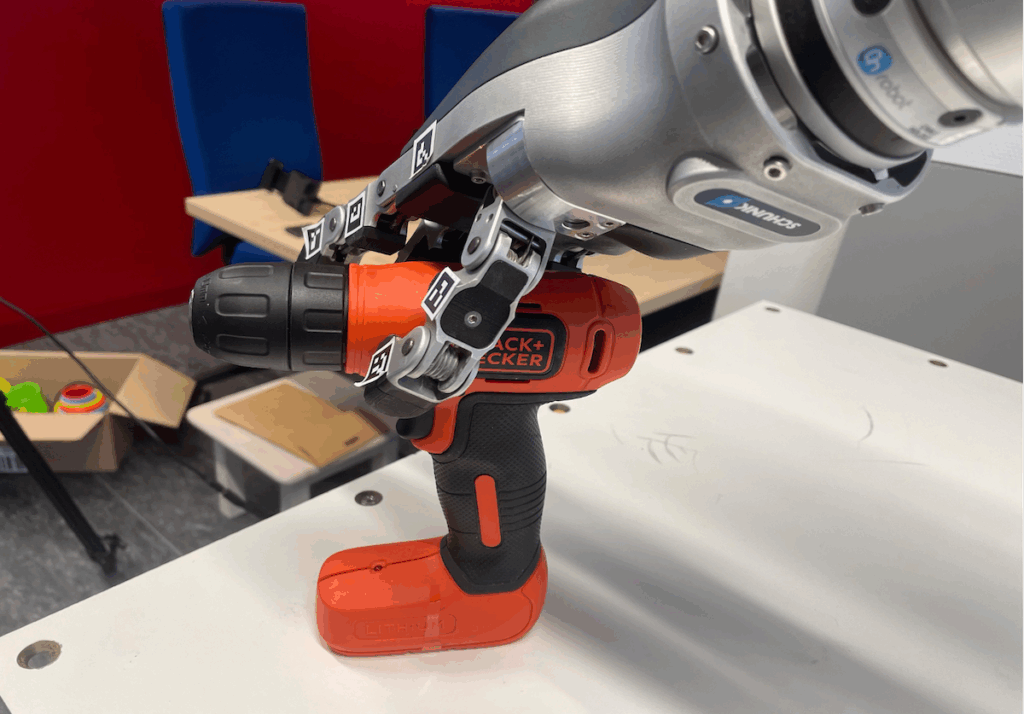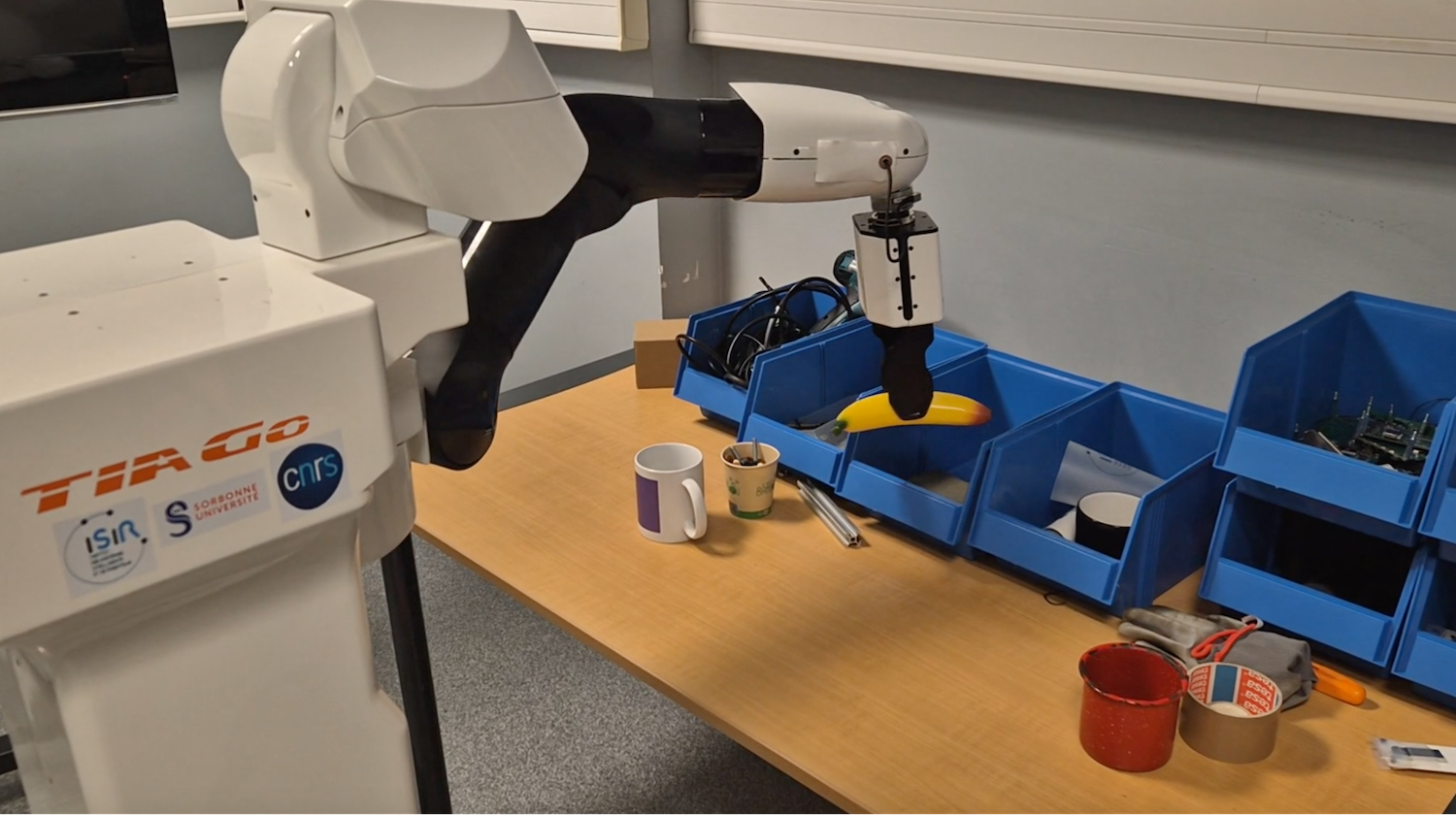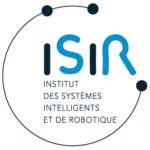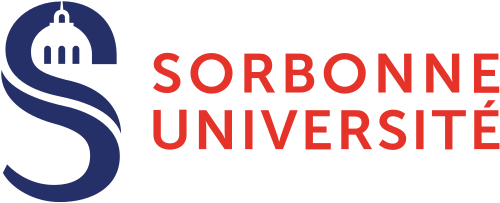Lexio Robotics is a software solution dedicated to robotic manipulation in diverse contexts, based on a genetic AI approach. It enables natural language reprogramming and autonomous skill acquisition for robots, overcoming current limitations in robotics and ushering in a new era for both B2C and B2B robotics. This start-up project was born at ISIR within the framework of a research collaboration on open-environment robotic learning. The team is currently exploring numerous high-potential use cases, ranging from manufacturing and logistics to services and domestic applications.

The context
The project addresses two major challenges:
Many sectors of the economy struggle to recruit for repetitive manipulation tasks. Manufacturing, logistics, hospitality, and personal care… many professionals are concerned about the sustainability of their activities, some of them being critical for the country’s sovereignty.
Robotics offers new opportunities to ensure continuity of production in these areas. However, despite recent advances, robots still lack true adaptive capabilities. In the spectacular videos shared online, robots are almost always teleoperated. The lack of solutions enabling robots to perform manipulation tasks with adaptive skills remains a major obstacle.
Recent advances in artificial intelligence offer promising avenues to overcome these barriers, generating excitement both in the academic world and in the industrial sector.
Objectives
This start-up project, strongly rooted in academic research, aims to equip robots with the ability to manipulate objects in open environments.
Specifically, it seeks to:
– Enable robots to quickly learn to perform new tasks reliably;
– Allow non-expert users to operate robots and reprogram them through natural language;
– Develop software solutions that comply with quality, ethical, and safety standards, enabling the deployment of robots in open environments for manipulation tasks.
The results
The potential applications span a wide range of sectors, from production (manufacturing, logistics) to services (hospitality, personal care).
The project builds on the state of the art in artificial intelligence for manipulation robotics, and in particular on a series of studies on genetic algorithms aimed at enabling easy reprogramming of robots.
These studies allow a robot to automatically learn new manipulation skills within a simulated scene representing a given operational environment.
The skills acquired — such as picking and placing objects, insertion, stacking, etc. — can then be successfully transferred to physical robots.
Furthermore, the data generated can serve as a resource to refine foundational models for new tasks.
Partnerships and collaborations
The scientific foundation of this project relies on several collaborations:
– The Franco-German project Learn2Grasp;
– The European excellence network for AI in robotics, euROBIN;
– The European open learning project, PILLAR;
– A collaboration with the Imperial College London.
The start-up aims to maintain strong ties with the academic community, notably with ISIR and Sorbonne University. Discussions are ongoing to define the scope of these collaborations.






